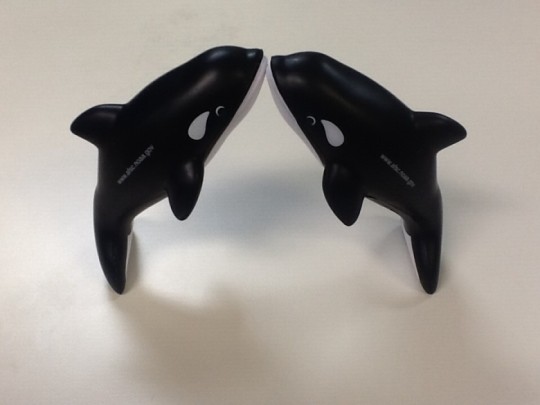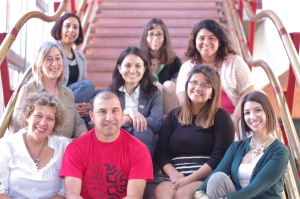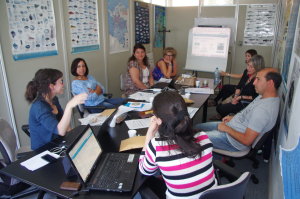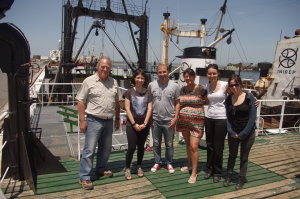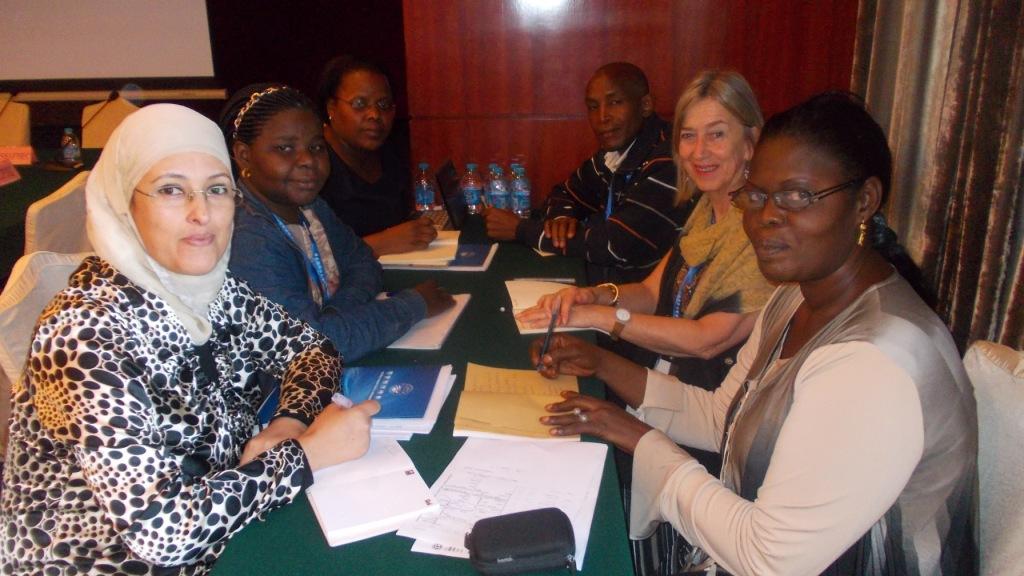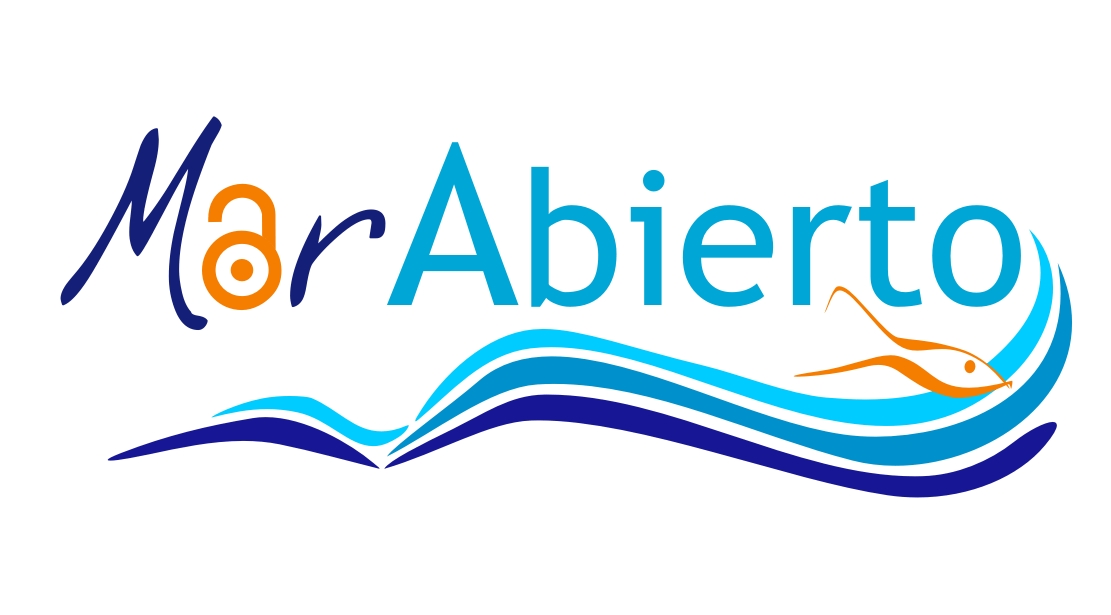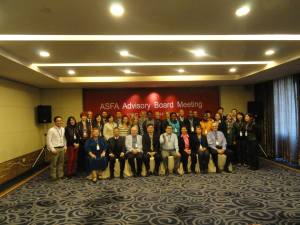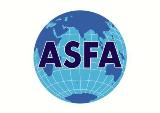Cyamus 2015 – Day 2
Friday 3/13/15 – UW Odegaard Library
We were welcomed to the Odegaard Library by director John Danneker. Â His niece has done research in marine environments and he offered some great insights to the importance of librarians in our field based on his interactions with her.
In the update yesterday I spelled the location of the True North Science Bootcamp incorrectly, should have been Kelowna. I was trying to send you to Pohnpei in the FSM which is truely not in the north…
Library Updates Cont:
Daria Carle from UA – Anchorage gave update from ARLIS which is in its 2nd year of 5 year contract. UAA did a prioritization project last year and ARLIS was part of that. They have some interesting digitization projects they are working on. On the UAA side of the library, the IR is up and running. The State of Alaska has financial issues due to falling oil prices which of course affects the University campuses. The older section of the library needs an HVAC upgrade as the existing system is elderly and dying. On personal note Daria has been approached to write a book on Information Literacy in the Life Sciences. We await the publication in 2016! Sally Taylor will be writing the chapter on aquatic sciences.
Steve Watkins reported that CSUMB library director is looking to retire so they will be looking for a replacement. The Cal State campuses (25 in all) are looking at systemwide LMS. The RFP was based on the Orbis Cascade project. Sympathy was expressed. There are 400 students in the CSUMB marine science programs. The campus has new website that is optimized for hand held devices. Steve has completed docent training at one of his local state parks and is looking forward to full retirement one day!
Maureen Nolan says it’s been a crazy year at Friday Harbor. The Labs are now part of School of the Environment and the programs there are expanding. There is some major updating of the water and sanitation system happening in the building the library is in. Maureen has submitted a giant proposal for library remodel and is waiting to hear what will happen. On main campus the implementation of Alma and Primo continues to drive the staff crazy – has changed every workflow. The good news from Friday Harbor is that there are 3 new orca babies in the local population. The first ones in about 12 years!
Kris Anderson reported that University of Hawaii library currently only has 2 science librarians – a medical specialist and a botany specialist. No idea when job openings might be announced. Kris is now director of the Health Sciences Library at the UH John A Burns School of Medicine (JABSOM).
Presentation: Thinking Outside the Box!
Steve Watkins gave an update on the presentation he did in New Caledonia about how to provide content access to remote locations with limited or no internet access. Using the content of the Aquatic Commons and the FAME digital library, Steve utilized a LibraryBox to create a portable library with a wireless router to make it accessible to a small group at any location where it might be deployed – at a cost of about $70. 2 setups were delivered to PIMRIS in Fiji but there has not been any report that they might have been deployed or utilized in any way… Steve is going to build some more and offer to other entities who might be more receptive. We are encouraging him to present this again in Rome.
BIOSIS Previews: When “Core” is Not Enough
Sally Taylor talked about how her library was facing a huge cancellation project. They did an overlap analysis of the title indexed in BIOSIS and other databases subscribed to by UBC. They found only 6% unique titles. And the database use had dropped significantly. When they asked the faculty, no one complained. The exchange rates on Canadian currency have put the library in a precarious position. UBC cancelled BIOSIS.
Ocean Acidification: Ecological Effects and the Future
Dr. Jan Newton of UW, APL, and NANOOS talked to us about CO2 absorbed by the ocean and the increase of acid levels in the world oceans. Approximately 26-28% of the CO2 generated by human activities since 1700’s have been absorbed by the worlds oceans. One of the results is that shellfish find it more difficult to form a shell and another is that it affects the nervous system of some fish. Jan will be working on a project to see if rafts of kelp or sea grass will help take up some of that CO2. “Ocean Acidification: From Knowledge to Action” 2012 publication produced by WA Blue Ribbon Panel on Acidification. See also IOOS Pacific Ocean Acidification website
Box Lunch!
After lunch we had a tour of one of the Active Learning Classrooms in Odegaard. It was pretty cool and the I-school student who did the presentation, Susie Cummings, was pretty awesome so if she applies for a job at your institution you should hire her.
More Library Updates:
Barb Butler let us know what’s happening at OIMB and UO. Remodeling and almost a new head on main campus. At OIMB, whining about Alma/Primo continues. She continues to digitize and cleaning up, such as getting rid of reprint collection.
Brian Voss updated us on the reporting lines of the Seattle NOAA libraries. Brian is very fluent in government acronyms. He told us about publication management and software resources that his colleagues or other related government agencies are offering/evaluating that affect his job. PICES note: there is a new director and Brian will be in touch to verify that IAMSLIC is still interested in working with them.
Kristen LaBonte talked about the aftermath of the shooting in Santa Barbara a year ago. The student housing is at a premium and Kristen will be participating in a pilot project as a librarian in the community that hopes to bring back the aura of safety. With her IAMSLIC membership hat on, she suggested that we should reach out to lapsed Cyamus members.
Joan Parker told us that MLML will no longer keep the RV Point Sur and sold it to U Southern Mississippi. They have some new young faculty! Last semester Joan taught scientific writing, urged the rest of us to do so because there is great need. “Writing Science” by Joshua Schimel. Joan will be retiring end of this year.
Jeanine Scaramozzino reported they are getting some new science faculty at SLO. There is a herbaria on campus whose curator is retiring and new person from UCSC is sending pertinent info to Berkeley. In her library they are creating collaborative spaces faculty and students can used for anything from research to office hours. They are buying more ebook packages and use has skyrocketed. They are part of same review Steve talked about. There is a small group of people looking at collecting all the small data sets on campus.
Comments off






